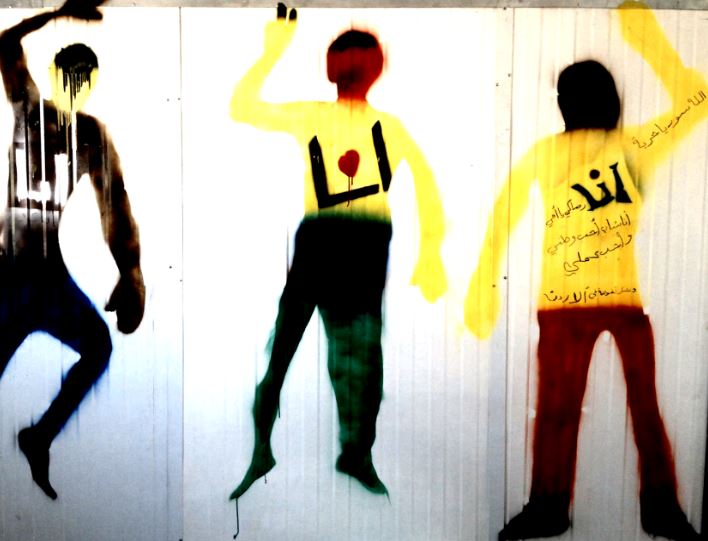Shattered Lives: Challenges and Priorities for Syrian Children and Women in Jordan: Adolescents

From the Executive Summary of this United Nations Children’s Fund (UNICEF) Jordan report on Syrian refugees, many now living in Za’atari refugee camp: "This report combines the conclusions of a wide range of detailed assessments with insights from Syrian refugee children and women, international non-governmental organisations (INGOs), and UNICEF sector specialists to help build a holistic picture of the situation faced by Syrian children and women in Jordan. It is guided by two overarching questions:
- What are the key challenges in realizing the rights of Syrian girls, boys and women in Jordan?
- What are the priority recommendations for action in the following programme sectors: (i) child protection and gender-based violence (ii) education (iii) water, sanitation and hygiene (iv)nutrition and health (v) mental health and psychosocial support and (vi) adolescent development and participation?.... In Za’atari camp, the security situation is rapidly deteriorating, theft and vandalism are common and public health risks are increasing."
This summary focuses on the adolescents section, pages 39-41. However, the key recommendations for the entire document (covering: child protection and gender-based violence; education; water, sanitation, and hygiene; nutrition and health; mental health and psychosocial support; and adolescent development and participation) are available on pages 4 and 5.
In Za’atari camp, adolescents and youth aged 15-24 make up approximately 25% of the population. Safe places to do sports and creative and cultural activities and more opportunities to spend time with their peers are cited as important to displaced young people, particularly females, for whom adolescent friendly spaces (AFS) are the only places their parents allow them to spend time independently. There is a high demand for education and vocational training by all adolescents so that they can engage in income generation. "Adolescents want opportunities to develop their leadership skills. Important opportunities are being missed for building civic engagement in Syrian youth" including participation in camp volunteer work. In host communities, the limitations are similar with the addition of "a sense of exile and of being a stranger."
Key recommendations include:
- "Advocate with donors to provide more funding for adolescent programming in particular from a stabilization and peace building perspective.
- Conduct a needs assessment of the situation of adolescents, including peer led research by adolescents.
- Assist adolescents in forming their own youth committees to discuss their specific experiences, to communicate better with relevant actors in their communities and to advocate for change. In camp settings, assist youth committees in contributing to camp planning and management.
- Create more adolescent friendly spaces, including extending shifts in existing child friendly spaces specifically for adolescents, and ensure there are opportunities for females and males to access them separately.
- Use AFS for life skills training and for non-formal and informal education.
- Provide a wide range of well-coordinated social and extracurricular activities for adolescents, including sports, arts and cultural programmes and environmental activities.
- Provide ‘focused, non-specialised’ psychosocial support to adolescents including engaging adolescents in telling their stories and expressing their concerns with each other, as well as providing opportunities for adolescents to communicate with their friends and family in Syria.
- Develop culturally appropriate health education for adolescent mothers.
- Create opportunities for adolescents to volunteer and involve adolescents in community mobilization efforts including relevant community committees.
- Better understand the skills and aspirations of Syrian adolescents, as well as the work opportunities, to provide the most appropriate skills/vocational training.
- Develop civic education programmes for adolescents to encourage their positive engagement in their communities in Jordan and to prepare them to participate in the future rebuilding of Syria."
Click here to access this 4-page chapter on adolescence in PDF format.
United Nations Children’s Fund Jordan website, accessed July 16 2013, and email from Clemens Gros to The Communication Initiative on August 5 2013. Image credit: © UNICEF/JORDAN2013/Sina Ata
- Log in to post comments
